Is Your Vitamin C Serum Causing Irritation? Here’s What You Need to Know!



Dahvi Shira


When it comes to all-star ingredients in a skincare routine, the roles of vitamin C (or l-ascorbic acid) are wide—just ask literally any dermatologist. With its ability to target signs of aging (like fine lines and wrinkles), and help with brightening, evening-out skin tone, halting melanin production, jump-starting collagen production, and targeting hyperpigmentation/dark spots/sun damage, vitamin C comes with a long list of benefits. But too much of a good thing can exist. In the case of our beloved antioxidant—which helps neutralize free radicals—skin irritation (or what can appear as an allergic reaction) is a potential outcome. That doesn’t mean it will happen to you, but it’s worth opening up the conversation in easy terms to understand. Keep reading for everything to know about topical vitamin C irritation.
It's about glam time you treated yourself.
Join IPSY

MEET THE EXPERT
Taylor Siemens is a nurse practitioner based in Dallas, Texas.
Ron Robinson is the cosmetic chemist for Hailey Bieber’s brand RHODE, and founder of BEAUTYSTAT skincare.
What Causes Vitamin C Irritation?
While there are a handful of reasons why you may experience side effects from a form of vitamin C products, there are also many ways around it. For starters, you’ll want to make sure your skin health is in top-tier shape before using this ingredient. Apply cleanser, moisturizer, and SPF aplenty, but otherwise leave your skin be until it’s in its healthiest state. This rule applies to any potent active ingredient. Because these ingredients are so powerful, they can do a number on compromised skin. Think of your skin barrier as the immune system of the face: If it’s down or compromised, it won’t be able to handle anything too intensive.
“There can be a little adjustment period for sensitive skin,” explains RHODE’s cosmetic chemist Ron Robinson, whose formulations include the powerful BEAUTYSTAT Universal C Skin Refiner. “And what you’re sensitive to is a potentially compromised skin barrier. You may have dry skin. You really shouldn’t experience irritation unless you have compromised skin. You may feel a little tingle, but that’s OK.”
Nurse practitioner Taylor Siemens points out that not all vitamin C is created equal. “The concentration of vitamin C in the serum plays a significant role,” she says. “Higher concentrations, typically above 15–20%, are more likely to cause irritation. The pH level of the serum also plays a large role. Products with a low pH (more acidic) can be more irritating to the skin. The presence of other active ingredients, such as exfoliating acids (AHAs) or retinoids, in conjunction with vitamin C, can also increase the likelihood of irritation.”
What Does Vitamin C Irritation Look Like?
Like with most signs of skincare irritation, Siemens says negative effects of vitamin C will include redness, itching, and a burning or stinging sensation upon application. “Some individuals might experience dryness, flakiness, or increased sensitivity to other skincare products. In more severe cases, irritation can lead to the development of small red bumps or a rash. It's essential to monitor your skin's response when introducing a new vitamin C serum and adjust usage accordingly.”
If you’re new to vitamin C serums, we recommend the SONÄGE SKINCARE C Shield Smart Serum. Its gentle formula and inclusion of hyaluronic acid helps keep the skin hydrated while helping to prevent dryness.
How to Prevent Irritation From Vitamin C Serums
Keep Skin Hydrated
“You really have to focus on hydrating and getting that barrier intact before you can go all the way with vitamin C serum,” Robinson says, while Siemens supports his advice. We love the FIRST AID BEAUTY Ultra Repair Face Moisturizer because of its emphasis on keeping the skin barrier protected.
Go Slow
“You could cycle with it a little, meaning you can use it, then take a day off, then go back to it,” Robinson explains. “You could even apply your moisturizer first, and then apply your vitamin C on top of it, and then sunscreen. This way, you create a bit of a cushion so your skin gets used to it. Then after a few days to a couple of weeks, you could go in with the vitamin C first and then follow with moisturizer. You build up an adaptation.”
He says to think of it how you would with retinol or prescription retinoids, which “can be irritating as well,” Robinson notes.
A dermatology expert will say to start slow, and the same should go for vitamin C. “You can build up your tolerance to it, and then you can start to see the real benefit and start to use it everyday,” he explains.
Avoid Mixing Actives Right Away
“Avoid applying vitamin C with other potent actives like exfoliating acids or retinoids until your skin adapts,” Siemens says. “Always perform a patch test before incorporating a new serum into your routine, and consider consulting with a clinician specializing in aesthetic medicine or skin to determine the best approach for your skin type.”
Her personal pick? The pigmentation-fighting ALASTIN C-Radical Defense Antioxidant Serum, which is recommended for all skin types. “It features a revolutionary blend of vitamin C and 14 other crucial antioxidants,” she says. “This protects your skin from environmental stresses and preserves elasticity for a smoother, more radiant complexion.”
Want the inside scoop on all the best skincare ingredients (and the products that feature them)? Take our Beauty Quiz now to get started with your own IPSY beauty subscription. Already an IPSY member? Refer your friends to earn points, which you can use toward products. Either way, don’t forget to check us out on Instagram and TikTok @IPSY.
Like this article? Share it with your friends by clicking the icons below!
Liked this post? Share!
Related Stories

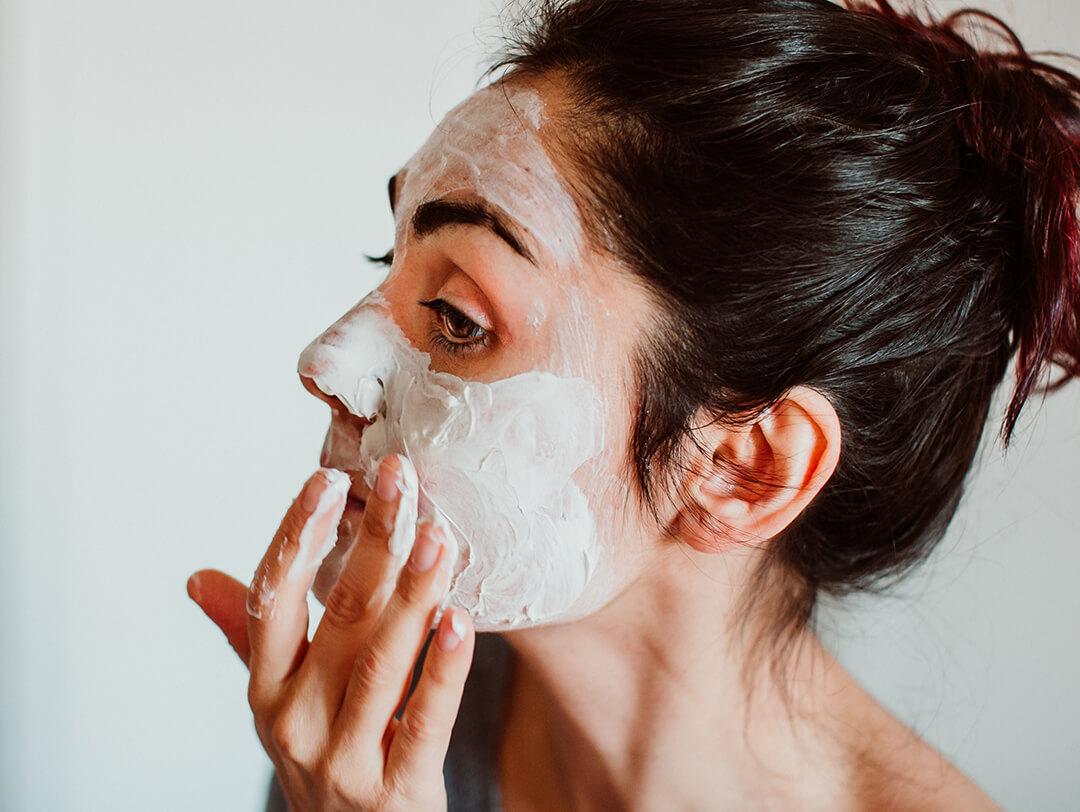
Skin
22 Amazing Vegan Skincare Brands You Have To Try
Published on Nov 2, 2021


Skin
Who Needs a Pro Spa Day? These Tips Will Help You Create the Ultimate DIY Home Spa
Published on Sep 17, 2021
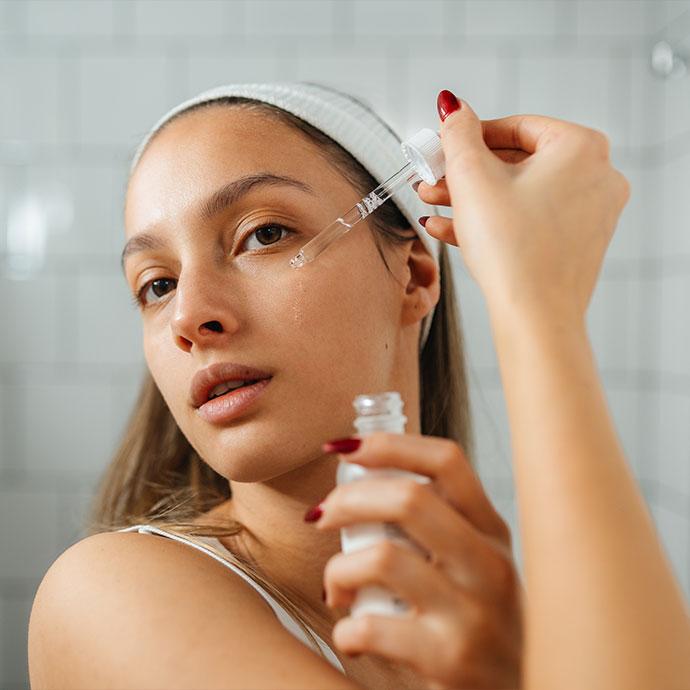
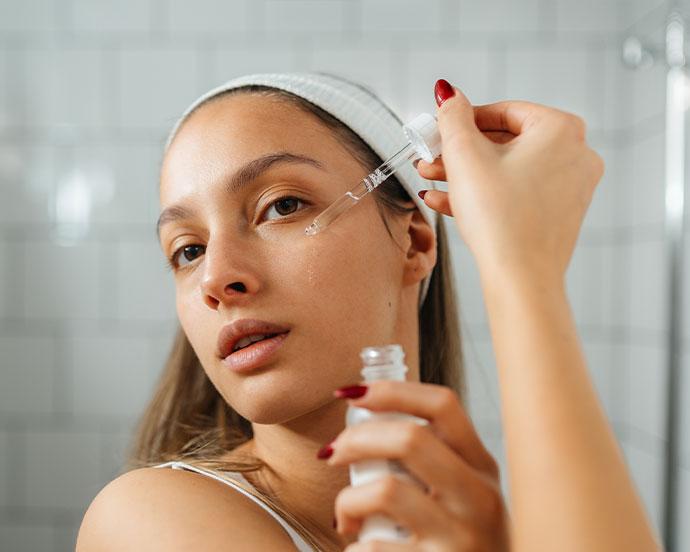
Skin
Rebound Hydration Is the Skin Reset Your Barrier’s Been Asking For
Published on Jan 28, 2026 • 3 min read
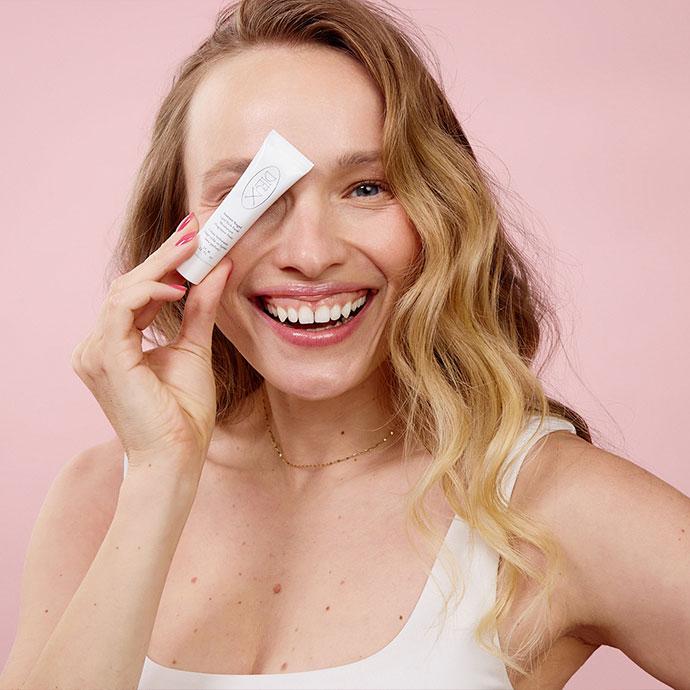

Skin
The No-BS Skincare Movement Starts With DIEUX SKIN
Published on Jan 27, 2026 • 4 min read


Skin
Skinimalism Is the Ultimate Stripped-Back Skincare Trend
Published on Jan 22, 2026 • 6 min read


Skin
Spring Is Coming—Is Your Skincare Ready?
Published on Jan 15, 2026 • 4 min read
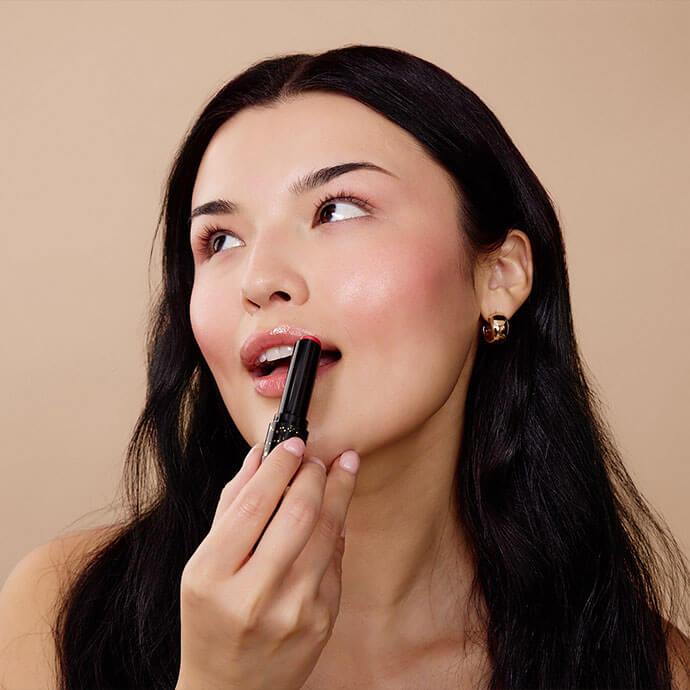
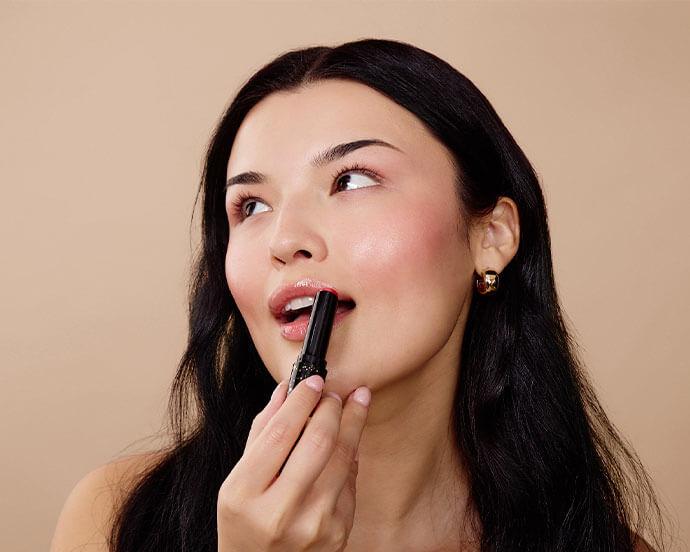
Skin
The Hydration Sandwich Trend Will Save Your Dry Lips This Winter
Published on Jan 13, 2026 • 4 min read


Skin
What Is the Skin Barrier & Why Is Everyone Talking About It?
Published on Jan 12, 2026 • 6 min read


Beauty Picked Just for You
Get 5 products worth up to $70
Plus exclusive access to epic deals up to 80% off
Starting at just $14/month. Cancel anytime.